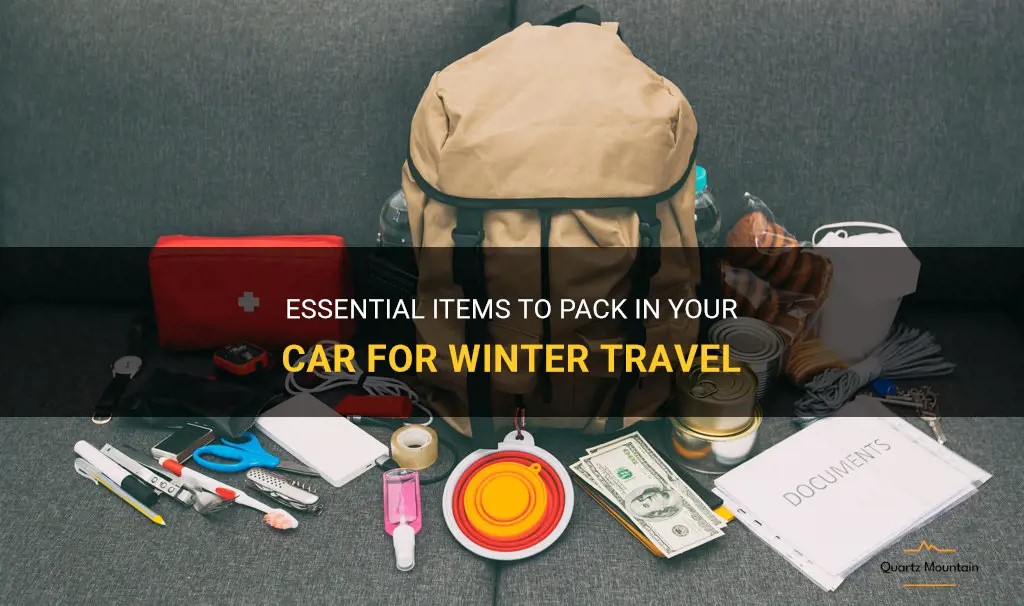
As the winter season approaches, it's important to be prepared for the harsh weather conditions that often accompany it. One essential aspect of winter travel preparedness is ensuring that your car is equipped with the necessary items to keep you safe and comfortable on the road. From emergency tools to warm clothing and provisions, the list of essential items to pack in your car for winter travel is extensive. Whether you're embarking on a road trip or simply commuting to and from work, taking the time to gather these essential items could make all the difference in keeping you safe and secure during those frosty and unpredictable winter journeys.
What You'll Learn
- What are the essential items to pack in a car for winter travel?
- How should I prepare my car for winter travel?
- What kind of emergency supplies should I have in my car for winter travel?
- Are there any specific clothing or gear recommendations for winter travel?
- What are some tips for staying safe and warm during winter travel?

What are the essential items to pack in a car for winter travel?
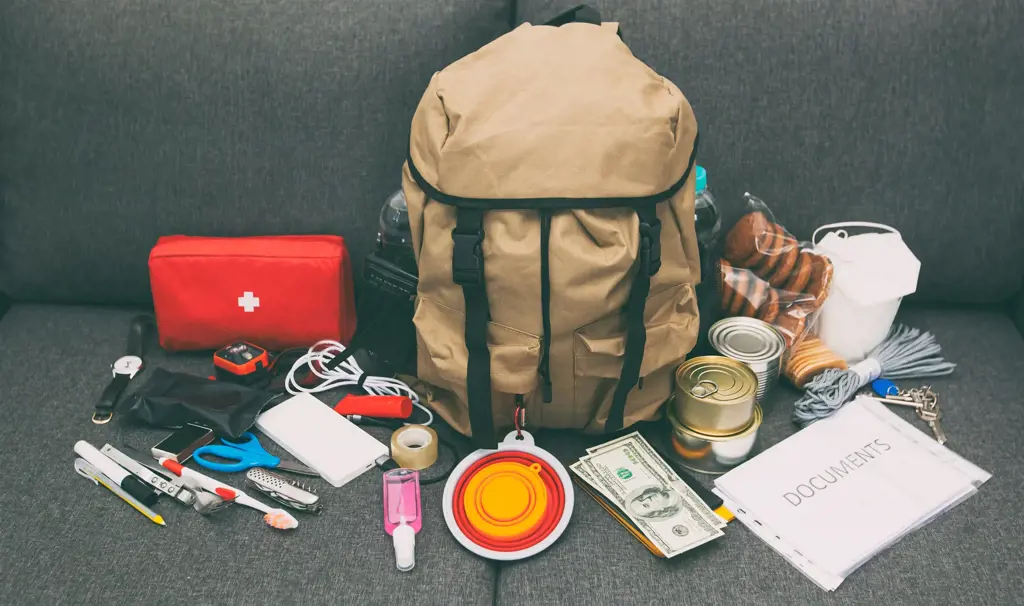
When traveling in the winter, it is essential to be prepared for the cold weather and any potential emergencies that may arise. Packing the right items in your car can make all the difference in ensuring your safety and comfort during the journey. Here are the essential items to pack for winter travel:
- Emergency Kit: This should include items such as a flashlight, extra batteries, a first aid kit, a tire pressure gauge, a multi-tool, jumper cables, and a basic tool kit. These items will come in handy in case of any vehicle malfunctions or accidents.
- Warm Clothing: It is crucial to pack extra warm clothing such as hats, gloves, scarves, and thermal layers. In the event of a breakdown or being stuck somewhere, these items will help keep you warm while you wait for assistance.
- Blankets and Sleeping Bags: Having extra blankets or a sleeping bag in your car can be a lifesaver if you get stranded overnight. They will provide warmth and comfort until help arrives.
- Non-Perishable Food and Water: Pack snacks and water bottles that won't freeze, such as granola bars, trail mix, and canned goods. These will provide sustenance in case you are stuck for an extended period.
- Ice Scraper and Snow Brush: These tools are crucial for clearing snow and ice from your car's windows and windshield. Having good visibility is imperative for safe driving in winter conditions.
- Portable Phone Charger: In case your phone battery dies, having a portable charger can help keep it alive and ensure you can call for help if needed.
- Shovel: A small snow shovel can be handy if you need to dig your car out from a snowbank or clear snow from around your tires.
- Traction Aids: Keep items such as sand, kitty litter, or traction mats in your car to help with getting unstuck from snow or ice.
- Spare Tires and Tire Chains: Ensure your spare tire is in good condition and that you have the necessary tools to change a tire if needed. Tire chains can also be useful for added traction on icy or snowy roads.
- Road Flares or Reflective Triangles: These items will make your vehicle more visible in case of an emergency, helping other drivers to see you and avoid collisions.
It is important to note that these items should be packed in addition to the usual car essentials such as a valid driver's license, registration, and insurance documents. Additionally, always check the weather conditions and road reports before heading out, and let someone know your travel plans and estimated arrival time. Being prepared and taking precautions will ensure a safe and stress-free winter journey.
Essential Items to Pack in Your Preschooler's Backpack
You may want to see also

How should I prepare my car for winter travel?
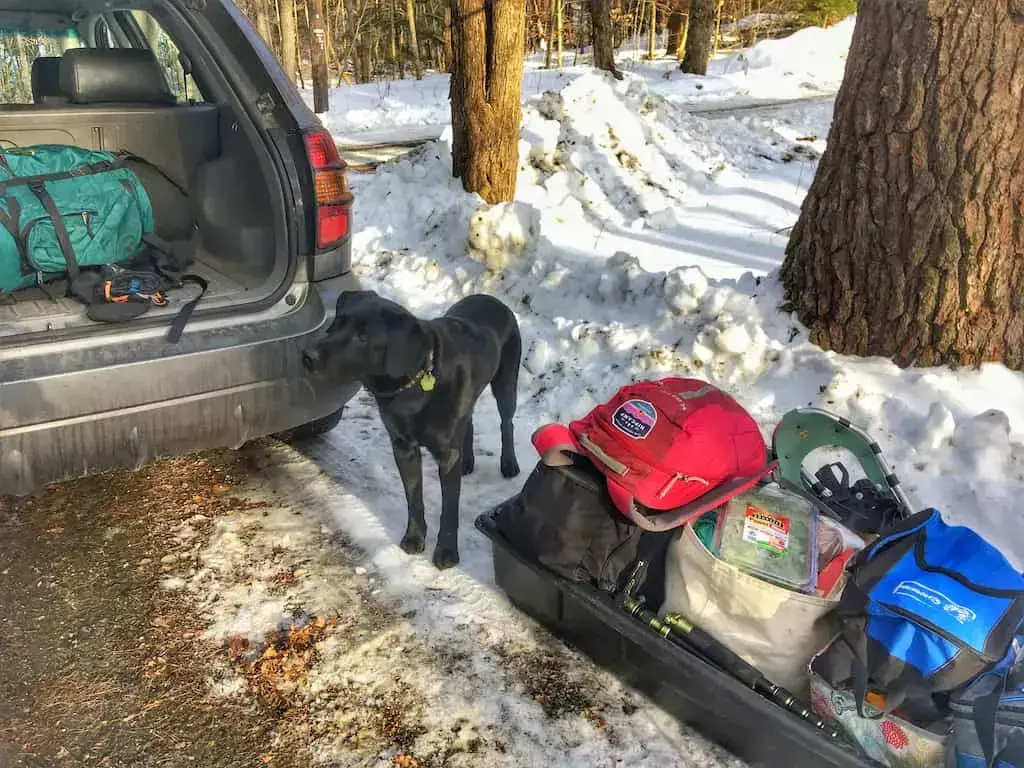
Introduction
As the winter season approaches, it is important to ensure that your car is prepared for the cold and potentially hazardous conditions. By following a few simple steps, you can ensure that your vehicle is ready for winter travel, minimizing the risk of accidents and breakdowns. In this article, we will discuss how to prepare your car for winter travel, providing you with a comprehensive guide to keeping your vehicle safe and reliable during the winter months.
Step 1: Check your tires
One of the most crucial steps in preparing your car for winter travel is checking your tires. Winter tires or all-season tires with a good tread depth are essential for maintaining traction on icy or snowy roads. Make sure that your tires are properly inflated and free from any damage. Additionally, consider investing in snow chains for added traction in extremely treacherous conditions.
Step 2: Test your battery
Cold weather can be tough on car batteries, as it reduces their output power. Before the onset of winter, have your battery tested to ensure that it is in good condition. If your battery is weak or nearing the end of its life, it is best to replace it before the colder temperatures set in.
Step 3: Check your antifreeze levels
Antifreeze, also known as coolant, is crucial for preventing your engine from freezing in extreme temperatures. Check your antifreeze levels before winter and fill if necessary. It is also advisable to have your radiator system checked by a professional to identify any leaks or issues that need to be addressed.
Step 4: Inspect your windshield wipers and washer fluid
Good visibility is of utmost importance during winter travel. Inspect your windshield wipers for any signs of wear or damage, and replace them if needed. Ensure that your wiper blades are in good condition and make proper contact with the windshield. Additionally, check your washer fluid levels and use a winter-specific fluid that is less likely to freeze.
Step 5: Pack a winter emergency kit
In case of an emergency or breakdown during winter travel, it is important to have a well-stocked winter emergency kit in your car. This kit should include items such as a flashlight, extra batteries, a first aid kit, blankets, extra clothing, non-perishable food, water, a shovel, an ice scraper, and a portable phone charger. Being prepared can make a huge difference in ensuring your safety and well-being.
By following these steps, you can ensure that your car is prepared for winter travel. Remember to check your tires, test your battery, check your antifreeze levels, inspect your windshield wipers and washer fluid, and pack a winter emergency kit. Taking the time to properly prepare your vehicle will minimize the risk of accidents and breakdowns, allowing you to travel safely and confidently during the winter months. Stay safe and enjoy the winter season!
Essential Items to Pack for Your Trip to Wisconsin Dells
You may want to see also

What kind of emergency supplies should I have in my car for winter travel?
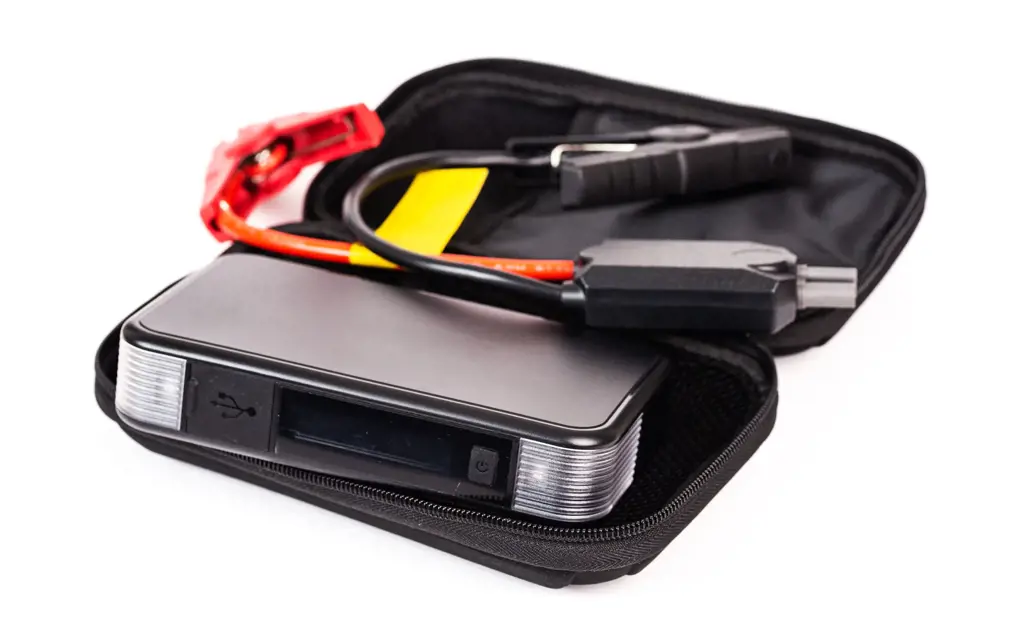
Winter travel can be challenging due to the potential for adverse weather conditions and hazardous road conditions. To ensure your safety and preparedness, it's important to have emergency supplies in your car. Here are some essential items you should have for winter travel:
Blankets and Warm Clothing:
In case you get stranded, having extra blankets and warm clothing can help you stay warm until help arrives. It's a good idea to pack multiple layers of clothing, including gloves, hats, and scarves.
Food and Water:
Having non-perishable food, such as energy bars or granola bars, and bottles of water can sustain you if you're stuck for an extended period. Aim to have enough supplies for each person in the car for at least 72 hours.
First Aid Kit:
A well-stocked first aid kit is crucial during any emergency. Make sure it includes bandages, antiseptic wipes, pain relievers, and any prescription medications you may need.
Flashlight and Extra Batteries:
In case you find yourself stranded at night or in low visibility conditions, a flashlight will be essential for navigating your surroundings and signaling for help. Always carry spare batteries as well.
Ice Scraper and Snow Brush:
Clearing your car windows and removing snow from your vehicle are essential for visibility and preventing accidents. Keep an ice scraper and snow brush in your car at all times during the winter months.
Jumper Cables:
Cold temperatures can be taxing on your vehicle's battery. Jumper cables will allow you to jump-start your car if the battery dies. Learn how to use them properly to avoid any damage.
Shovel:
A small shovel can come in handy if you need to dig your car out of snow or help clear a path. Look for lightweight and compact shovels that can fit in your trunk easily.
Sand or Kitty Litter:
If your car gets stuck in snow or ice, sprinkling sand or kitty litter in front of the tires can provide traction and help you get unstuck.
Road Flares or Reflective Triangles:
In case of an accident or breakdown, road flares or reflective triangles can alert other drivers to your presence and help prevent further accidents.
Portable Phone Charger:
Keep a portable phone charger in your car to ensure you can charge your phone if you need to make emergency calls. Some even have built-in flashlights.
Remember, these emergency supplies are just a starting point, and your specific needs may vary depending on your location and the conditions you're likely to encounter. It's always a good practice to check the weather forecast and road conditions before embarking on a winter journey.
What to Expect When Movers Pack for You: The Ultimate Guide
You may want to see also

Are there any specific clothing or gear recommendations for winter travel?
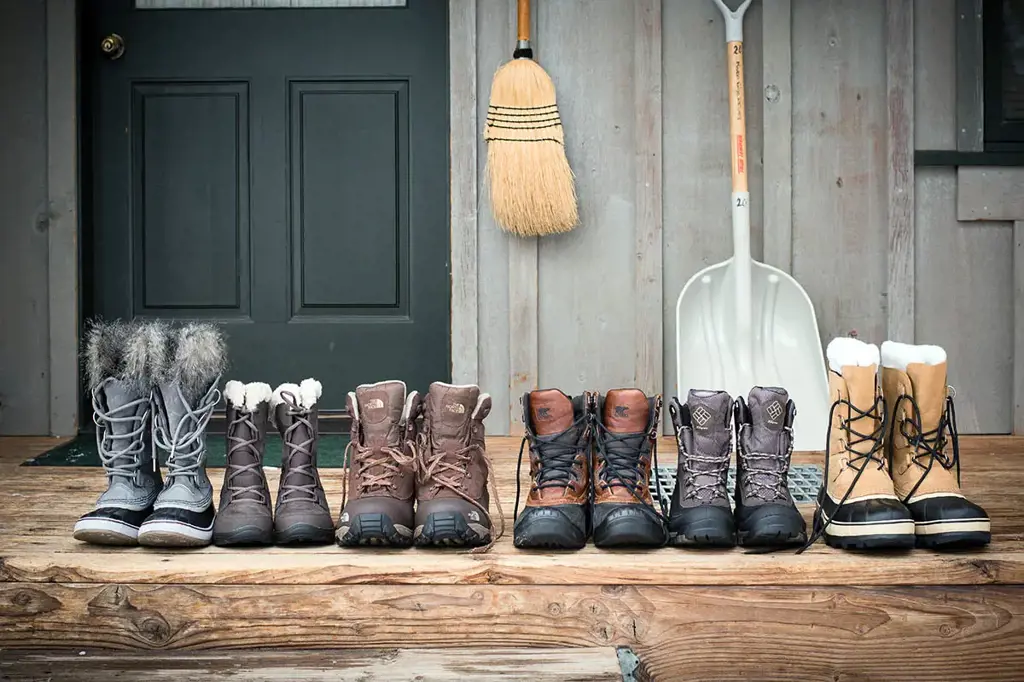
When planning for winter travel, it is crucial to pack the right clothing and gear to ensure comfort and safety in cold weather conditions. The following recommendations will help you stay warm and protected during your winter adventures.
Layering: Layering your clothing is essential for staying warm in winter. The three-layer system works best: a base layer, a mid-layer, and an outer layer.
- Base layer: Opt for moisture-wicking and insulating materials like merino wool or synthetic fabrics. These will help keep your body dry by wicking away sweat.
- Mid-layer: This layer provides insulation and retains body heat. Fleece jackets or down-filled sweaters are excellent choices for the mid-layer.
- Outer layer: The outer layer should be windproof, waterproof, and breathable. Look for jackets and pants made from materials like Gore-Tex that offer protection from the elements.
- Insulated clothing: Invest in insulated clothing such as thermal socks, gloves, and hats. These will keep your extremities warm and prevent frostbite.
- Footwear: Choose waterproof and insulated boots to keep your feet dry and warm. Ensure they have a good grip for walking on slippery surfaces.
- Accessories: Don't forget to pack a scarf, neck gaiter, or balaclava to protect your face and neck from freezing winds. Additionally, bring hand warmers to provide extra warmth during extremely cold temperatures.
- Headgear: Wear a hat that covers your ears to prevent heat loss from the head. Consider a beanie or a fur-lined trapper hat for maximum warmth.
- Sunglasses: Snow can be blinding, so pack a pair of sunglasses with UV protection. Polarized lenses are particularly helpful in reducing glare.
- Layered socks: Wear moisture-wicking thermal socks underneath regular socks for added insulation and to prevent blisters.
- Hand protection: Besides thermal gloves, consider layering with a pair of thin, touchscreen-compatible gloves underneath. This way, you can access your phone or camera without exposing your hands to the cold.
- Proper fit: Ensure your clothing and gear fit properly to maximize their effectiveness against the cold weather. Loose-fitting items may allow heat to escape, while tightly fitted ones may restrict movement and airflow.
- Test and adjust: Before embarking on your winter adventure, try out your clothing and gear in cold weather conditions. This will allow you to make any necessary adjustments or purchases based on your comfort and needs.
In conclusion, winter travel requires specific clothing and gear to combat the cold temperatures. Layering, insulated clothing, proper footwear, and accessories like hats and sunglasses are essential. Make sure everything fits well and test your gear before setting off on your winter adventure. By following these recommendations, you can stay warm, comfortable, and safe during your winter travels.
Essential Items for Packing a Baby's Suitcase for a Cruise
You may want to see also

What are some tips for staying safe and warm during winter travel?
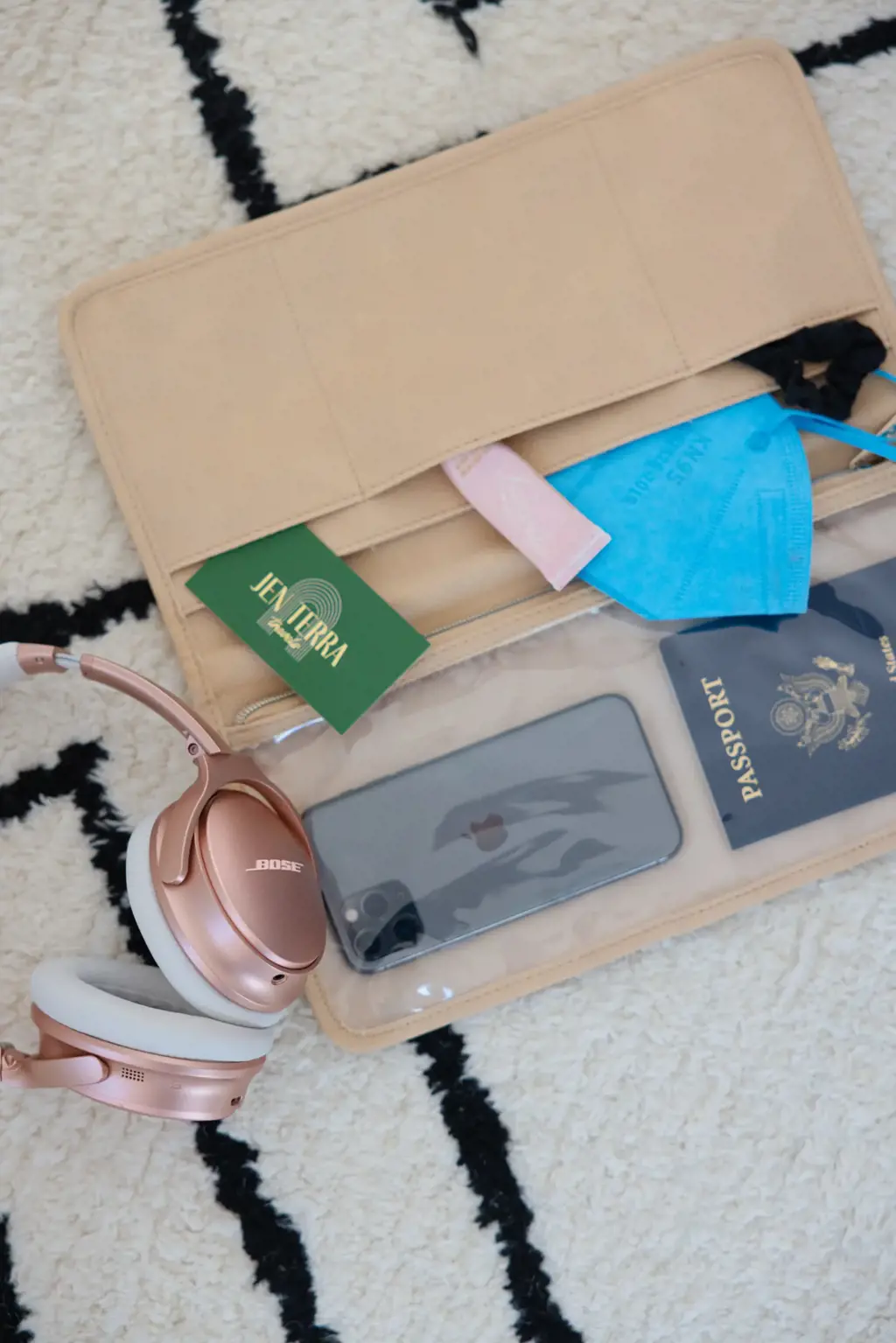
With winter travel comes the need for extra precautions to ensure safety and warmth. Whether you're hitting the road for a snowy adventure or flying to a winter wonderland, here are some important tips to keep in mind:
- Check the weather forecast: Before you embark on your journey, make sure to check the weather forecast for your destination. This will help you prepare for any potential storms or extreme weather conditions. It's also a good idea to monitor the weather throughout your trip to stay ahead of any potential changes.
- Pack extra warm clothing: Layering is key when it comes to staying warm during winter travel. Pack thermal underwear, sweaters, and a thick winter coat. Don't forget accessories like gloves, scarves, and hats to protect your extremities from the cold. It's better to pack too many warm clothes than not enough.
- Invest in quality winter gear: Along with warm clothing, make sure you have the right gear to keep you comfortable and safe during your travels. A sturdy pair of insulated boots will keep your feet warm and dry, while a waterproof and windproof jacket will protect you from the elements. Consider investing in a good pair of ski goggles if you're planning on participating in winter sports.
- Carry an emergency kit: Always have an emergency kit on hand during winter travel. This should include essentials such as a flashlight, extra batteries, a first aid kit, a blanket, and non-perishable snacks. In case you get stuck or stranded, these items will help you stay safe and comfortable until help arrives.
- Prepare your vehicle: If you're traveling by car, it's crucial to prep your vehicle for winter conditions. Make sure your tires have sufficient tread and are properly inflated. Consider installing snow tires or tire chains for added traction. Keep your gas tank at least half-full to prevent fuel lines from freezing. Pack a windshield scraper and de-icer to clear your windows in case of frost or ice.
- Drive cautiously: Winter roads can be treacherous, so it's important to adjust your driving habits accordingly. Drive at a slower speed and leave plenty of space between you and the vehicle in front of you. Avoid sudden braking or accelerating, as icy roads can make it difficult to control your vehicle. Stay alert and focused, and be prepared to react to any unexpected situations.
- Stay hydrated and fuel up: The cold weather can cause dehydration and drain your energy levels. Make sure to drink plenty of water and eat regular meals to stay hydrated and maintain your energy. Pack some high-energy snacks like granola bars or trail mix to keep you fueled during long journeys.
- Keep track of road conditions: Before setting off on your journey, check local road conditions and any closures or detours. Pay attention to roadside signs for any warnings or advisories. Consider using a GPS or smartphone app that provides real-time updates on road conditions to help you plan your route accordingly.
Remember, staying safe and warm during winter travel requires careful planning and preparation. By following these tips and using common sense, you can enjoy your winter adventure while minimizing any risks. Stay informed, be cautious, and always prioritize your safety.
What Clothes are Essential to Pack for Nashville in April?
You may want to see also
Frequently asked questions
When packing your car for winter travel, it's important to be prepared for potential emergencies. Start with a basic emergency kit that includes items such as a flashlight, extra batteries, a first-aid kit, a portable cell phone charger, extra blankets, and a shovel. Additionally, be sure to have ice scrapers and a snow brush for clearing off your windshield, as well as a bag of sand or kitty litter for providing traction if you get stuck in the snow. It's also a good idea to pack extra warm clothing, gloves, hats, and boots in case you need to leave your vehicle in cold weather.
Yes, it's essential to pack food and water for a winter road trip. In case you get stranded or encounter delays, having non-perishable snacks such as granola bars, nuts, and dried fruits can provide sustenance until help arrives. It's also important to bring an adequate supply of drinking water in case you are unable to access clean water during your journey. Additionally, packing a travel stove and a few freeze-dried meals can be helpful if you find yourself in a situation where you need to cook your own food.
Absolutely. It's always a good idea to have extra supplies for your vehicle during winter travel. Make sure to pack jumper cables, a spare tire, tire chains or traction mats, and a tire pressure gauge. It's also important to have an ice scraper or snow brush, as well as windshield washer fluid that is designed for winter conditions. Additionally, carrying a basic tool kit with items such as a wrench, pliers, and screwdrivers can be useful for minor repairs. Lastly, consider packing a portable air compressor to inflate your tires if needed.







